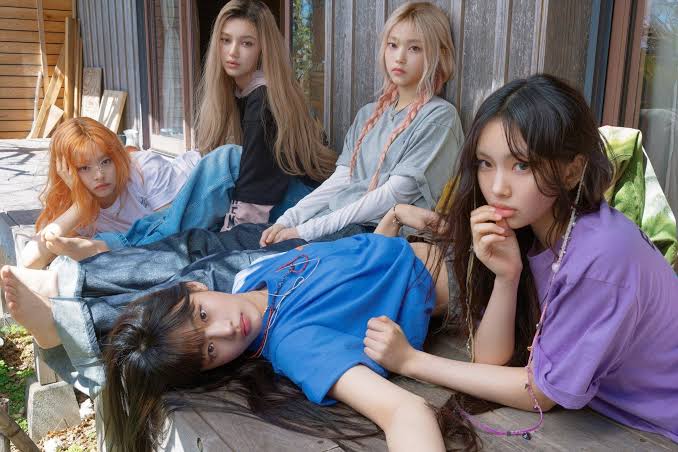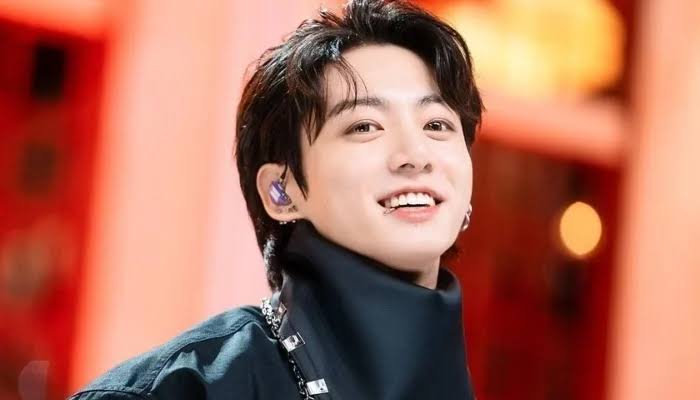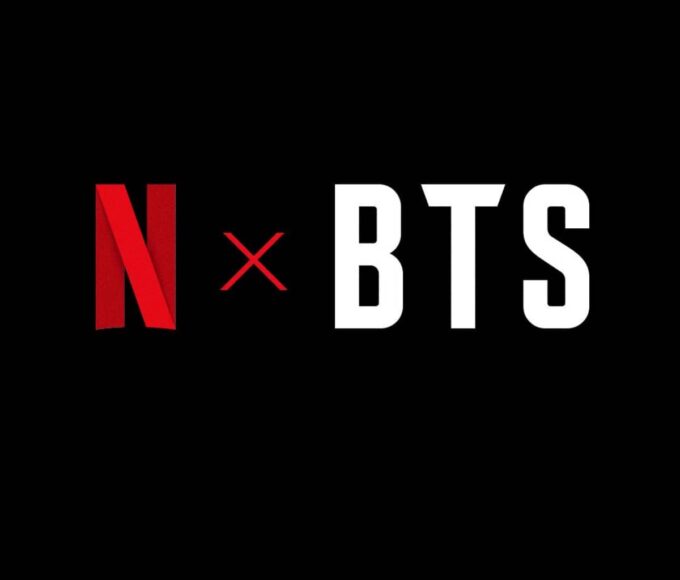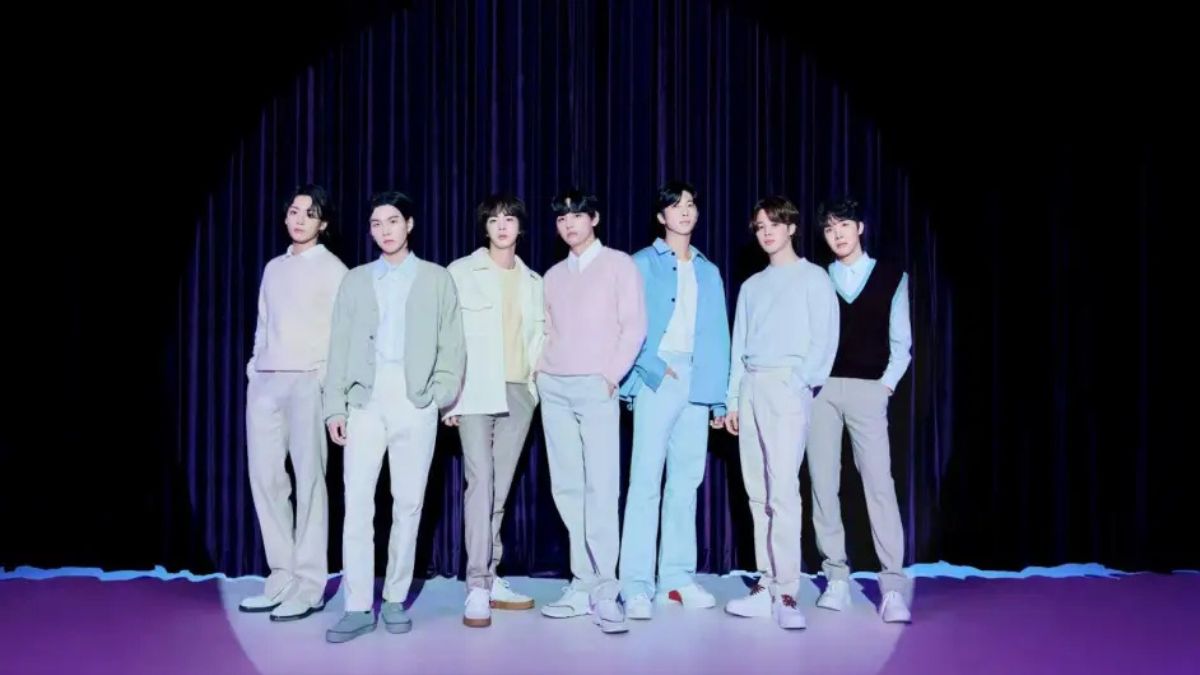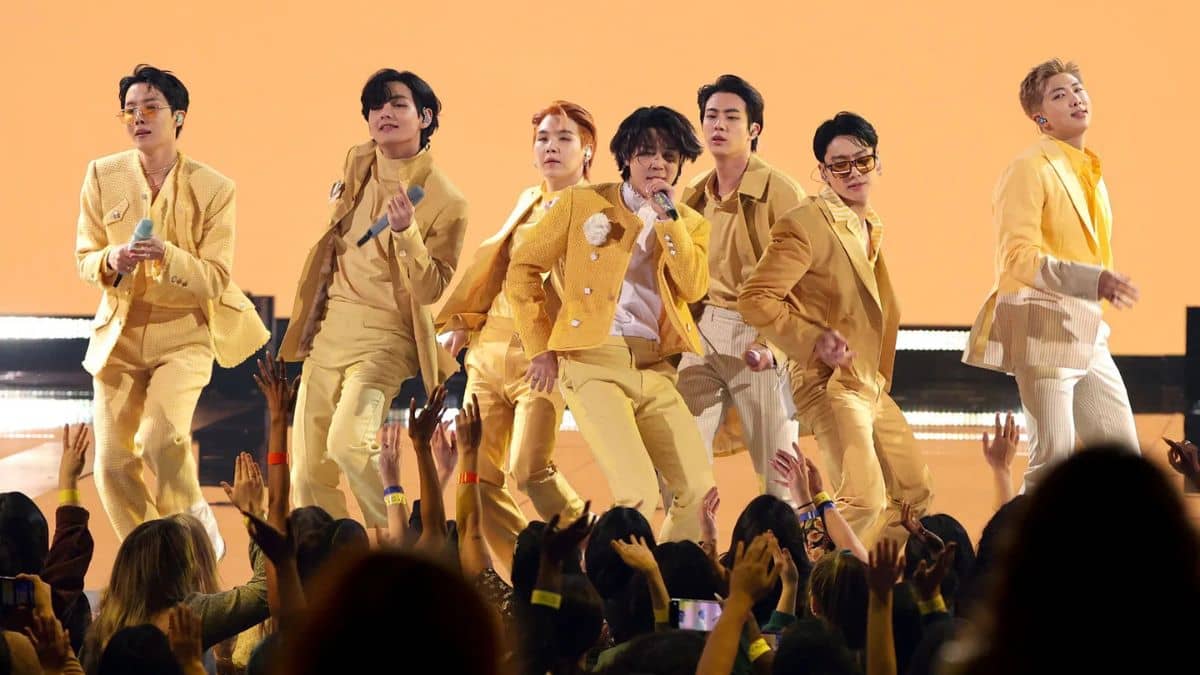In the fast-paced world of K-pop, controversies are not uncommon, but the ongoing dispute between NewJeans, its label Ador, and its parent company HYBE feels like a turning point.
What started as an internal leadership struggle has evolved into a public debate about artist autonomy, corporate control, and fair management practices.
With the members of NewJeans publicly challenging their management, the controversy is highlighting a critical moment in K-pop, one where creativity, ethics, and business realities are all in the balance.
The Root of the Dispute
At the center of the issue is the tension between Ador’s displaced CEO, Min Hee-jin, and HYBE. Min, widely respected for her role in shaping NewJeans’ innovative concept, was seen as the creative force behind the group.
However, in mid-2024, HYBE accused Min of attempting a “hostile takeover” of Ador, claiming she breached trust within the company.
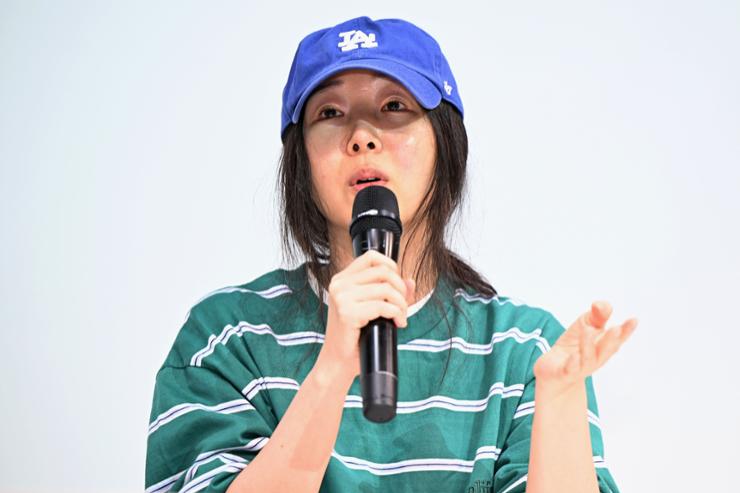
Min has denied the allegations, arguing that HYBE’s actions are an attempt to consolidate power over both the label and its artists.
A Rare Public Defiance
What makes this situation unique is the response from NewJeans themselves. In an almost unprecedented move, the members — Minji, Hanni, Danielle, Haerin, and Hyein — publicly expressed their concerns.
They spoke out about the toxic environment created by management and voiced fears of future harm. This public defiance is rare in K-pop, where idols are traditionally expected to maintain a professional silence when it comes to conflicts with their agencies.
A System Under Scrutiny
The controversy has sparked renewed scrutiny of the K-pop system, particularly its reliance on rigid contracts and hierarchical power structures. Despite being the face of success, idols often have little control over their careers.
Contracts dictate everything from creative decisions to personal lives, leading many artists to suffer emotional and psychological distress. Previous high-profile disputes, such as TVXQ’s “slave contracts” in 2009, have exposed the exploitative nature of these agreements, and the NewJeans controversy adds fuel to the fire.
Generational Shift in Artist Rights
The willingness of NewJeans to speak out signals a shift in the industry. Today’s idols are more aware of their rights and are less willing to remain silent.
Their actions reflect a growing desire for fair treatment, creative input, and autonomy in an industry where silence has long been the norm.
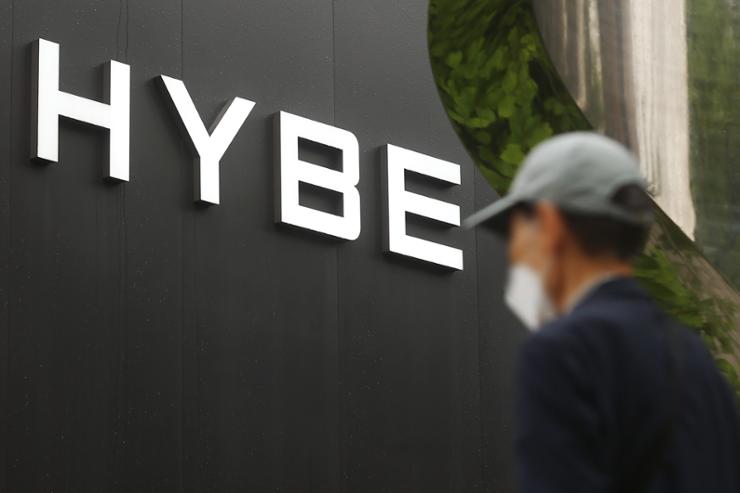
This is not just a battle for NewJeans; it represents a broader movement within K-pop, as artists demand more control over their careers.
The Business Perspective
From the management side, the situation is complex. Agencies like HYBE operate in a high-stakes environment that requires significant financial investment. Training, branding, and marketing an idol group to global success is a long and costly process.
Contracts are designed to protect these investments and ensure stability in a fast-moving industry. For HYBE, the NewJeans controversy has had real financial consequences. The company’s market value reportedly dropped by $420 million, reflecting investor concerns over the dispute.
Government and Fan Influence
The Korean government has introduced standardized contracts in an attempt to address unfair terms and provide legal protections for artists. However, as the NewJeans case shows, power imbalances persist, and artists still struggle to negotiate on equal footing.
Fans, too, have played a pivotal role in the controversy. NewJeans’ supporters have been vocal on social media, amplifying the group’s grievances and demanding accountability from HYBE.
This shift in fandom culture shows that fans are no longer passive consumers but active participants who can influence public opinion and even financial outcomes.
A Defining Moment for K-pop
The NewJeans controversy is more than just an internal dispute; it is a defining moment for K-pop. It forces the industry to confront its structural flaws and consider how it can evolve to better support its artists.
Both sides have valid concerns — artists deserve fair treatment, creative freedom, and the right to advocate for themselves, while agencies need stability and a return on their investments.
The Path Forward
For K-pop to evolve, compromises must be made. Contracts should allow for more flexibility as artists grow in their careers, and greater transparency in financial and creative decision-making could help reduce distrust. Improved mediation processes could resolve disputes privately before they escalate into public crises.
Ultimately, the NewJeans-HYBE dispute highlights the delicate balance between artistry and business in K-pop.
If the industry can embrace change, this controversy could lead to meaningful reforms that benefit both artists and agencies. It could set a new precedent for artist-agency relationships and help build a healthier, more sustainable K-pop industry for the future.


